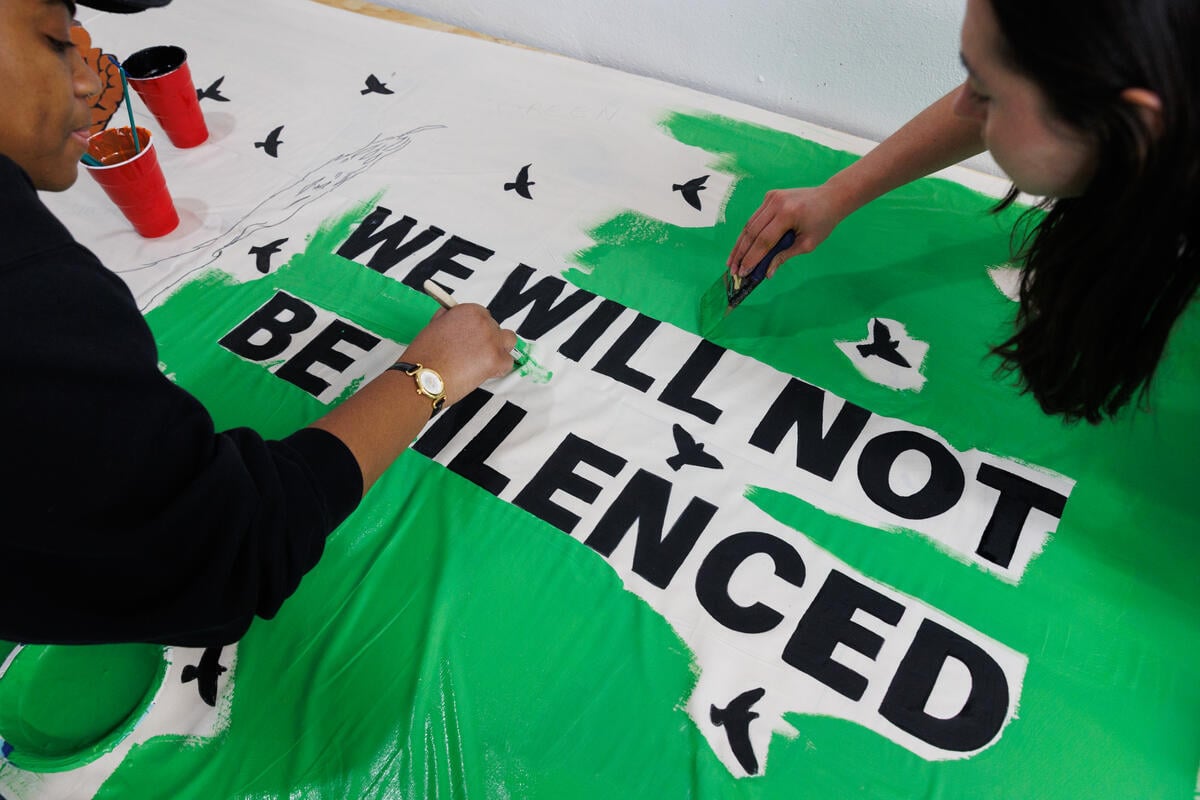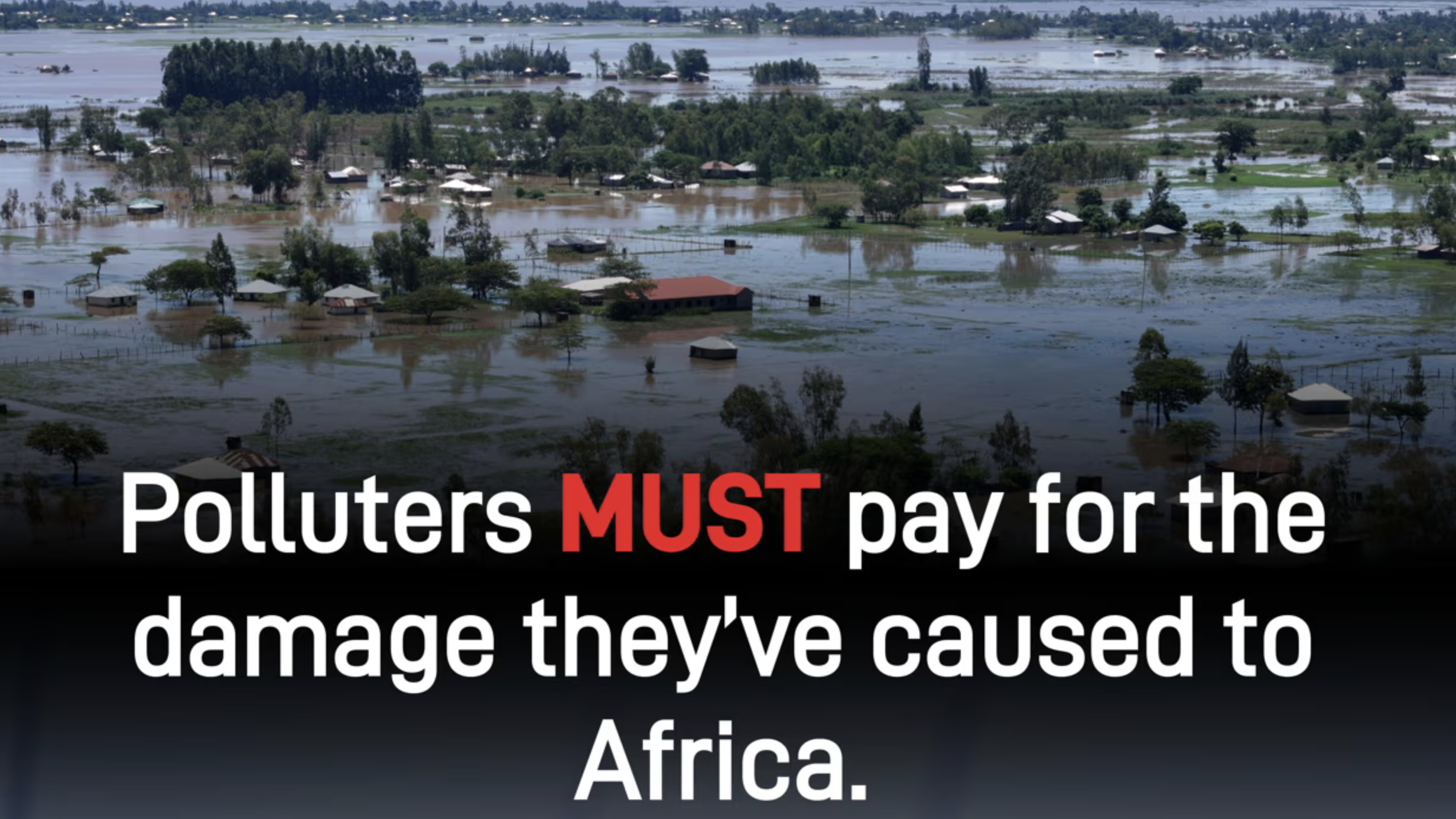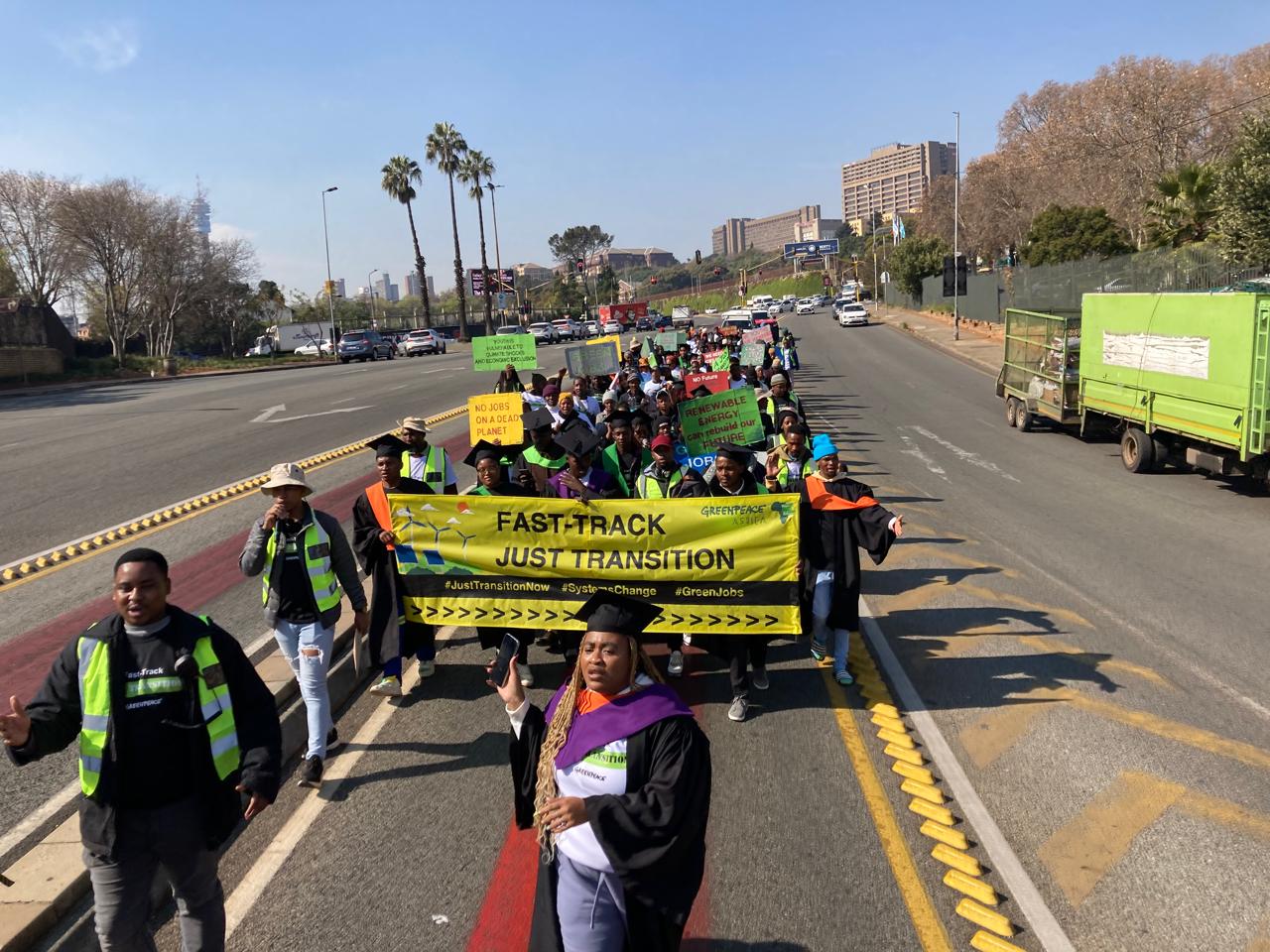November 23rd 2016, Johannesburg: Reacting to the newly released IRP base case scenario by the Department of Energy, civil society groups and individuals [1] have responded saying:
“Civil society rejects the IRP ‘base case scenario’ as nothing more than renewed attempts by the Department of Energy and Eskom to promote vested interests in nuclear and coal. The long awaited IRP 2016 is a rigged model that forces nuclear energy into the mix, even though it is clearly not cost competitive. The base case proposes a ridiculous scenario for 20 GW of nuclear and 15 GW of new coal by 2050.
Nuclear and coal power should not appear in the base case at all if it is modelled purely for cost optimization, which is what the IRP base case model claims to be based on. Any deviations from the base case should be included as policy interventions under the scenarios that are still to be presented and must be clearly articulated in detail.
Following hot on the heels of the 22nd COP (Conference of the Parties) in Marrakesh focusing on the health of the planet, it is an absolute priority and that if we are to have any chance of keeping global average temperature increases below 1.5 degrees Celsius we must put all our investments in renewables and cut out nuclear and coal. Coal also uses immense amounts of water, and has massive impacts on people’s health, which means that it should not form part of our energy future. With some of the best wind and solar resources in the world, it is sheer common sense to follow the renewable energy route. Numerous pieces of research support this approach [2]; it is just the South African government that is refusing to see the light.
As shown by the Centre for Scientific and Industrial Research’s (CSIR) Dr Tobias Bischof-Niemz, the cost assumptions for solar and wind energy used in the IRP base case are incorrect and are not based on the latest actual tariff information for these energy sources. Dr Bischof-Niemz’s calculations show that the cost for solar PV in the IRP is roughly 80% too high, and for wind, it is 55% too high, thus creating the perception that the economic case for nuclear is far more attractive than it actually is. The issue of unemployment and how to create jobs is a massive one in South Africa, and the IRP makes no mention of which technology types will create jobs. There is enormous job creation potential in renewable energy, but we must remove the artificial limits on renewable energy to realise this potential fully. It is critical that the IRP analysis takes both costs and job creation into account.
Civil society further rejects the profoundly compromised public participation process proposed by the Department of Energy, which offers engagement to the South African public founded on a flawed base case that does not provide the assumptions used to develop the base case. The fact that, while public consultations are underway on the base case, the modelling of the various scenarios based on policy interventions will continue, makes a mockery of the public participation process. This raises the question of how impactful any inputs from the South African public will be, as the Department of Energy appears to be hell bent on steam rolling ahead with this process, irrespective of what the South African public wants or needs.
It is essential that all the assumptions used to determine the base case are made available to the South African public, as opposed to the continued lack of transparency and piecemeal information that has come to be associated with South Africa’s energy planning. Consultation on the IRP base case needs to be rolled out across the country, specifically the current coal-affected communities and those communities that would be impacted by the proposed new nuclear build. The Department of Energy needs to make every effort to ensure that all South Africans are meaningfully engaged and informed and that constitutional rights are protected. In the meantime, even this illegitimate base case scenario indicates that new nuclear investments would not be required before 2037 at the earliest, which means that Eskom should immediately end any attempts to procure nuclear until more clarity is obtained.
The previous IRP update was abandoned because it showed no immediate need for nuclear power and the Department of Energy seems to have done everything in its power to make sure that nuclear is supported in the current IRP base case, to the extent of misrepresenting costs. Civil society calls on the Department of Energy to drastically rethink the approach they are taking with the IRP base case, and we will continue to hold the South African government accountable [3]. All further modelling must cease, pending meaningful public participation, and the base case scenario must be rationally based on least cost optimisation, without putting artificial limits on technology types. The alternative is a process that will have absolutely no legitimacy, which continues to be tainted by vested interests and corruption.”
Notes to the Editor:
[1] Organizations and individuals that have signed on to this reactive are as follows:
- Greenpeace Africa
- Life After Coal Campaign (Centre for Environmental Rights, Earthlife Africa and groundWork)
- 350Africa.org
- South African Women’s Agricultural Union
- Concerned Citizens of Lephalale
- Skemer, Women’s Agricultural Union
- Bishop Geoff Davies – Patron of South African Faith Communities’ Environment Institute
- Peter Atkins
[2] This research includes: groundWork’s recently released ‘The Destruction of the Highveld’; Earthlife Africa Jhb’s report ‘Plan A: The fast track to 100% renewables in South Africa’; and the Centre for Environmental Rights’ ‘Zero Hour’.
[3] Earthlife Africa Jhb and SAFCEI are challenging the current unconstitutional nuclear procurement process, and their court case will be heard in the Cape Town High Court on the 13th and 14th of December.
Media contacts:
Greenpeace Africa: [email protected]; Climate and Energy Communications Officer, +27 81 464 9726
Life After Coal Campaign organisations (Centre for Environmental Rights, Earthlife Africa Jhb and groundwork):
Centre for Environmental Rights: [email protected]; +27 82 467 1295
Earthlife Africa: [email protected]; +27 79 331 2028
groundWork: [email protected]; +27 82 464 1383
350Africa.org: [email protected]
Skemer Women’s Agricultural Union & Concerned Citizens of Lephalale: Elana Greyling; +27 82 863 8696
South African Women’s Agricultural Union: Tharina Rossel; +27 82 785 4828
South African Faith Communities’ Environment Institute: [email protected]; +27 83 754 5275
[email protected]; +27 74 104 2944
http://www.fin24.com/Economy/expert-reveals-why-energy-plan-should-have-no-nuclear-20161123



